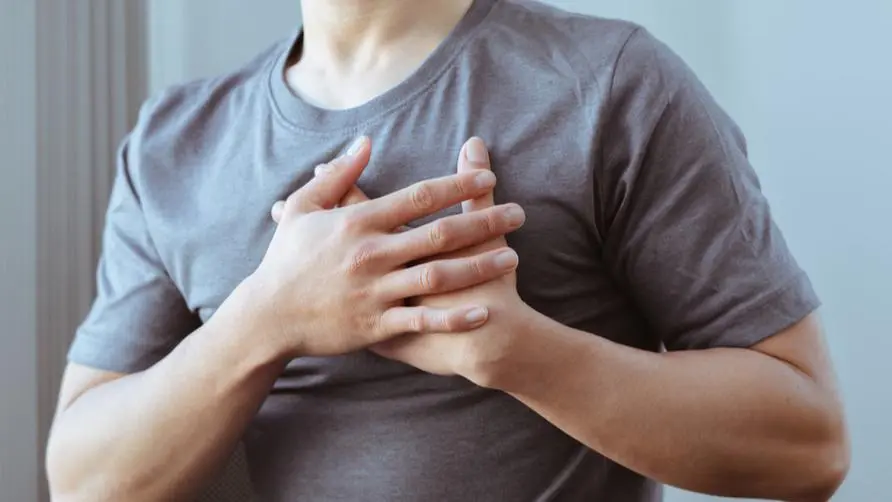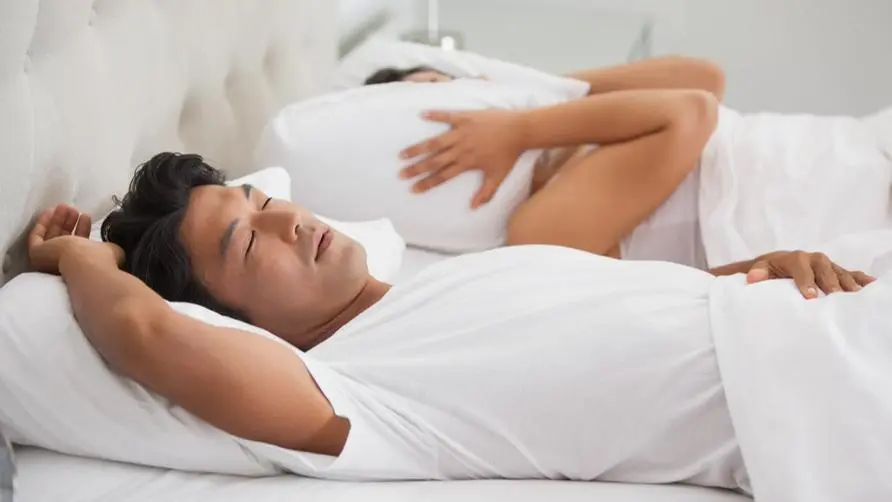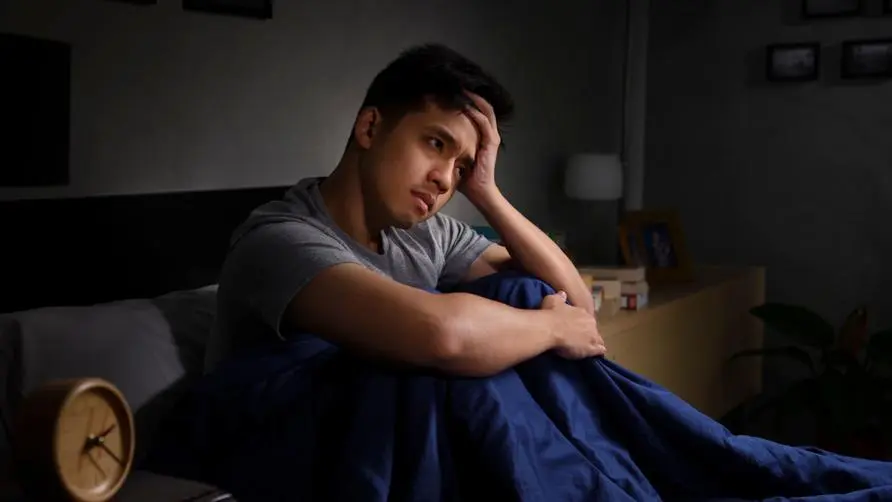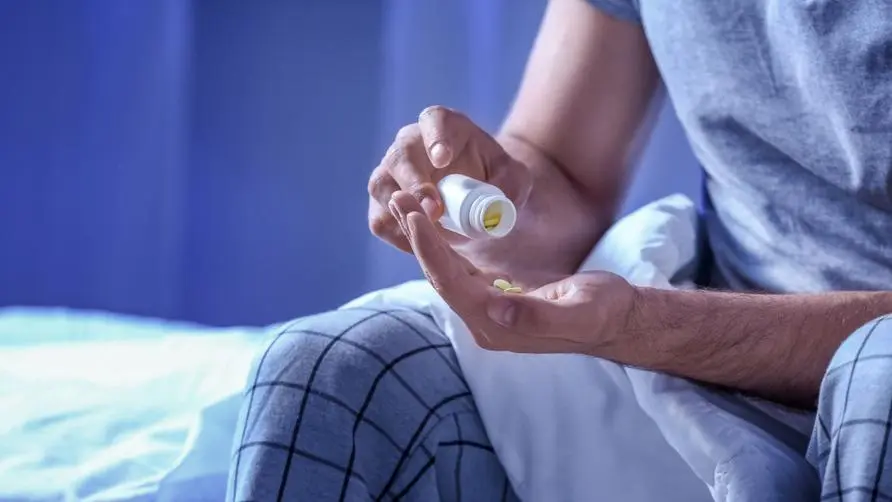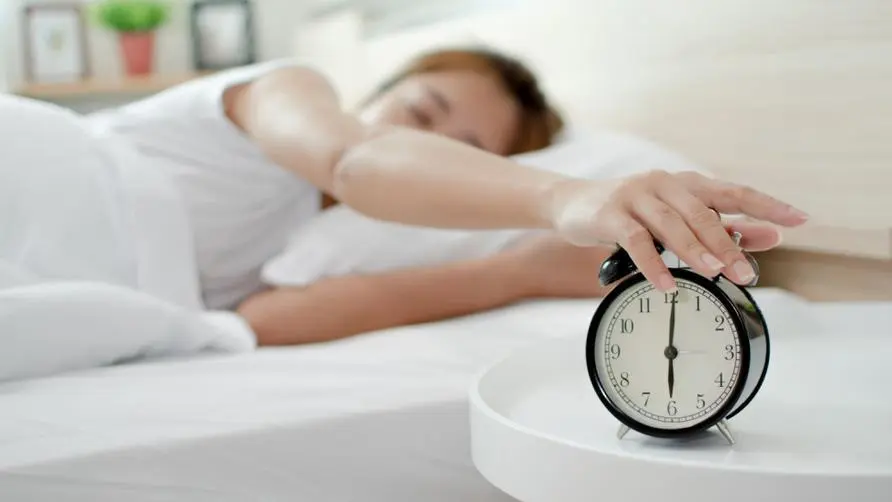Can bed recognition, light sleep, and excessive dreams be saved? Doctors advise: "Come and stay in the hospital for one night" to improve sleep quality
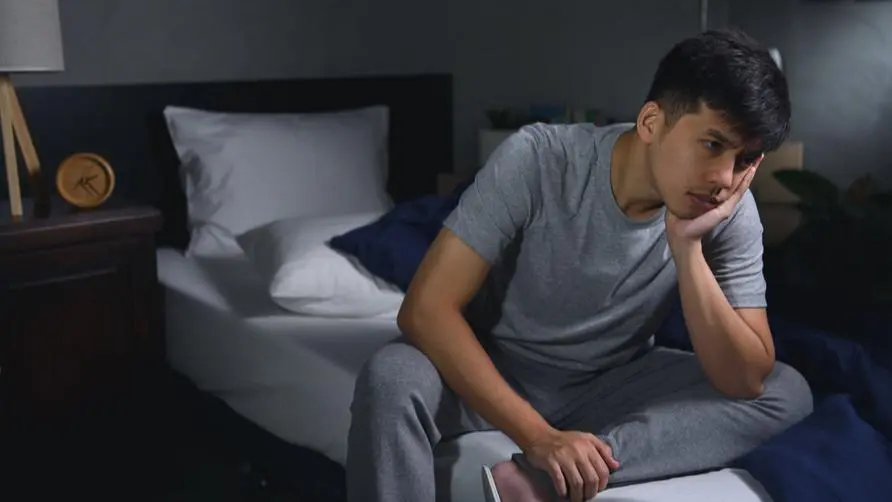
Having suffered from sleep problems for a long time, do you need to undergo “hospital observation” to improve your sleep quality? Professor Li Xueyu from the Snoring and Sleep Surgery Department of Linkou Chang Gung Memorial Hospital pointed out that if people have sleep disorders such as bed trouble, poor sleep quality, drowsiness during the day, mental depression, excessive dreams, sleepwalking, and disrupted biological clocks, they can indeed get medical help. Improve sleep quality.
If you have sleep problems, go to the hospital and stay for one night. 2 treatments to solve insomnia, dreaminess, and bed problems
Professor Li Xueyu said that general sleep examinations can be divided into two types. One is the “Polysomnography (PSG)” done in a sleep laboratory or a hospital sleep center, which is mainly used to understand sleep status and sleep disorders. Because of this, the testing items are also relatively complete, including sleep brainwaves, eye movements, electromyography, electrocardiography, snoring times, oronasal respirator flow, sleep state blood oxygen saturation index, sleep apnea index, sleeping posture, etc.
The other is the currently widely used Home Sleep Test (HST), which mainly records the number of snoring, oronasal respirator flow, pulse, sleep blood oxygen concentration and apnea index, and can target snoring or sleep apnea. Those with symptoms and daytime sleepiness should be screened initially.
“Snoring like thunder”, beware of nocturia and mental depression! Doctor: It is recommended to take “home sleep testing”
Since sleep centers in major hospitals currently only have more than 200 beds, scheduling often takes weeks to months. If you want to shorten the schedule or upgrade wireless, you have to pay for it yourself. In order to enable more patients with obstructive sleep apnea to be detected and treated early, Professor Li Xueyu explained that people with severe snoring often also suffer from daytime sleepiness and frequent nighttime urination. This group recommends choosing “home sleep testing” as a treatment method.
Professor Li Xueyu said that in addition to speeding up the screening of patients with sleep apnea, it also allows subjects to conduct examinations on their own beds at home, and there are not many tubes entangled in them to restrict sleeping positions and affect sleep, which also prevents some subjects from being diagnosed with sleep apnea. The bed and unfamiliar environment cause the first night effect of being unable to sleep, so it is closer to the actual sleep situation of the subjects.
The testing standards for home sleep examinations follow the definition of sleep apnea by the American Academy of Sleep Medicine, and the scoring standards for hypoventilation are updated from time to time. Multiple validation studies have shown that its accuracy is quite consistent with standard sleep examinations. Professor Li Xueyu revealed that home sleep examinations can now be done at any time, and various counties and cities also provide free home sleep testing equipment for the public to use, which is expected to help patients who are deeply troubled by sleep apnea and their family members and partners.
Further reading:

